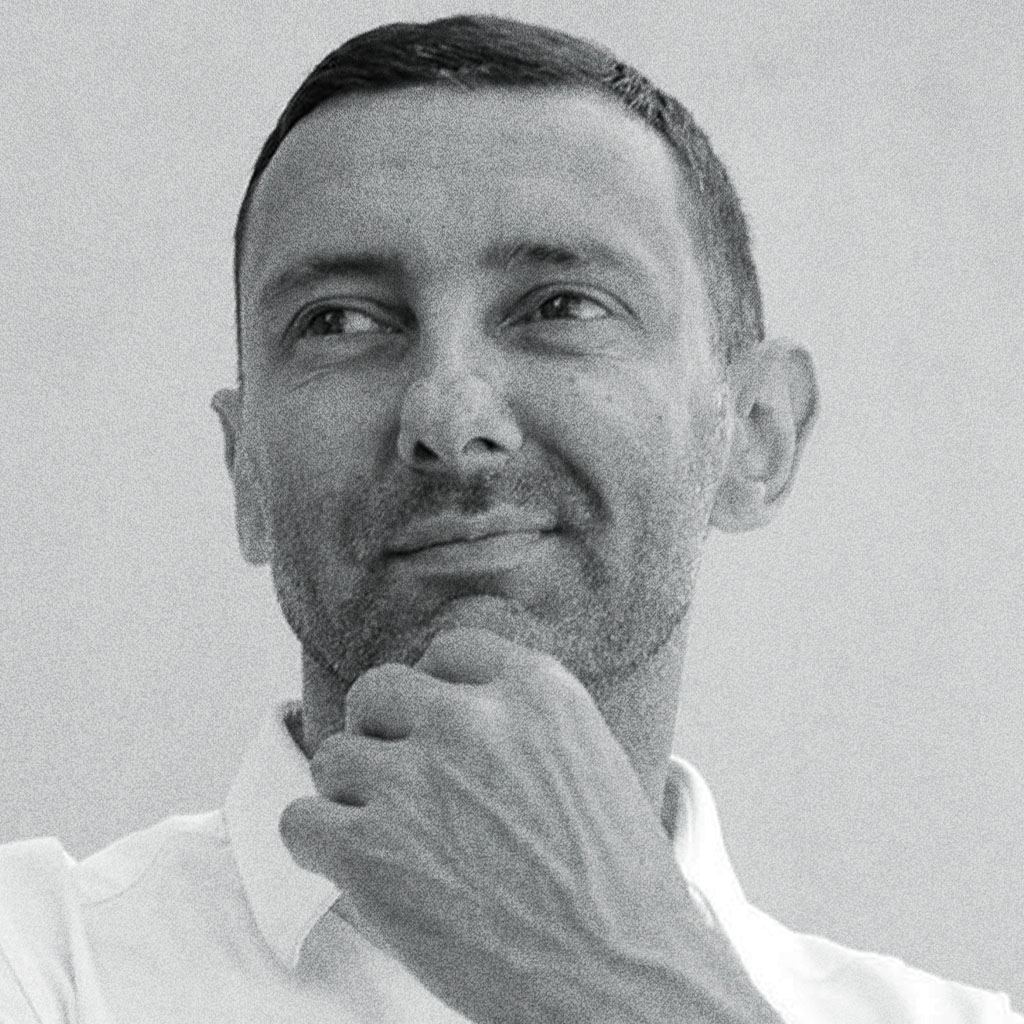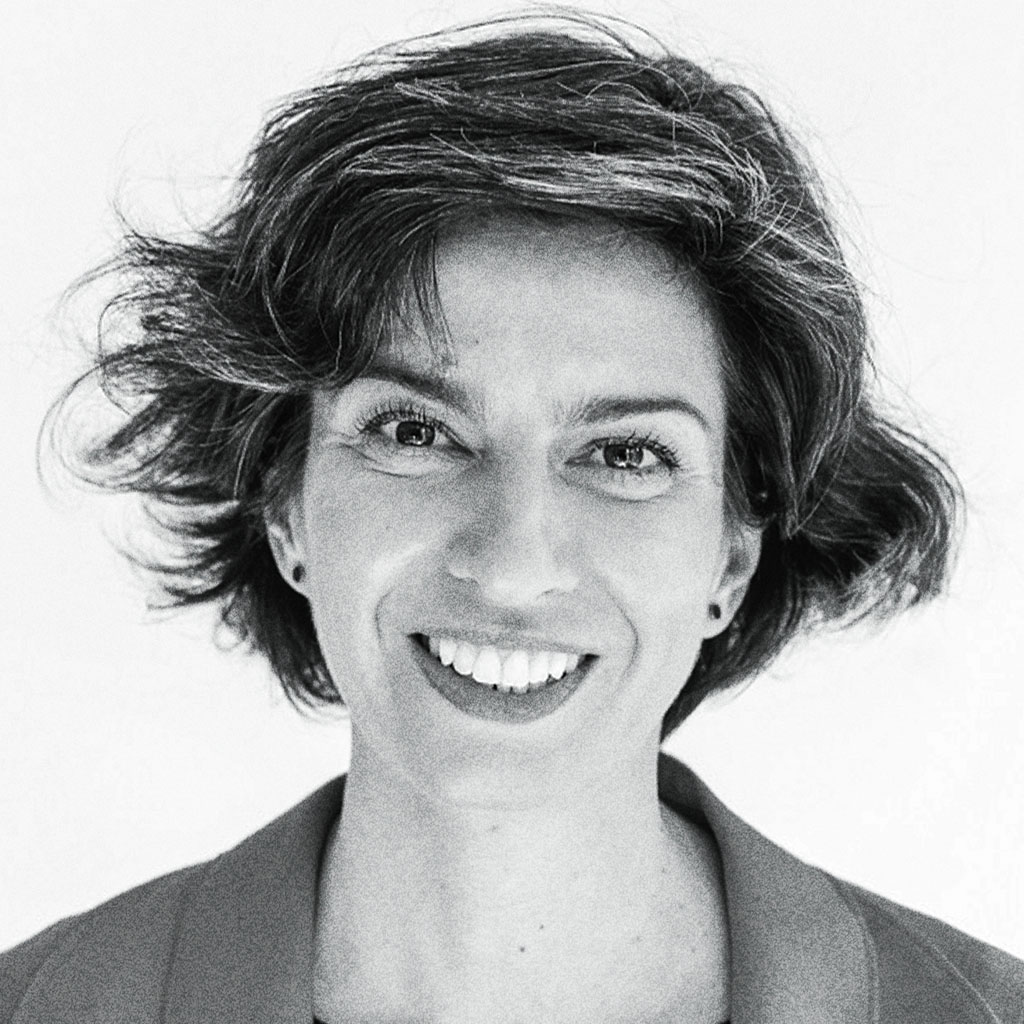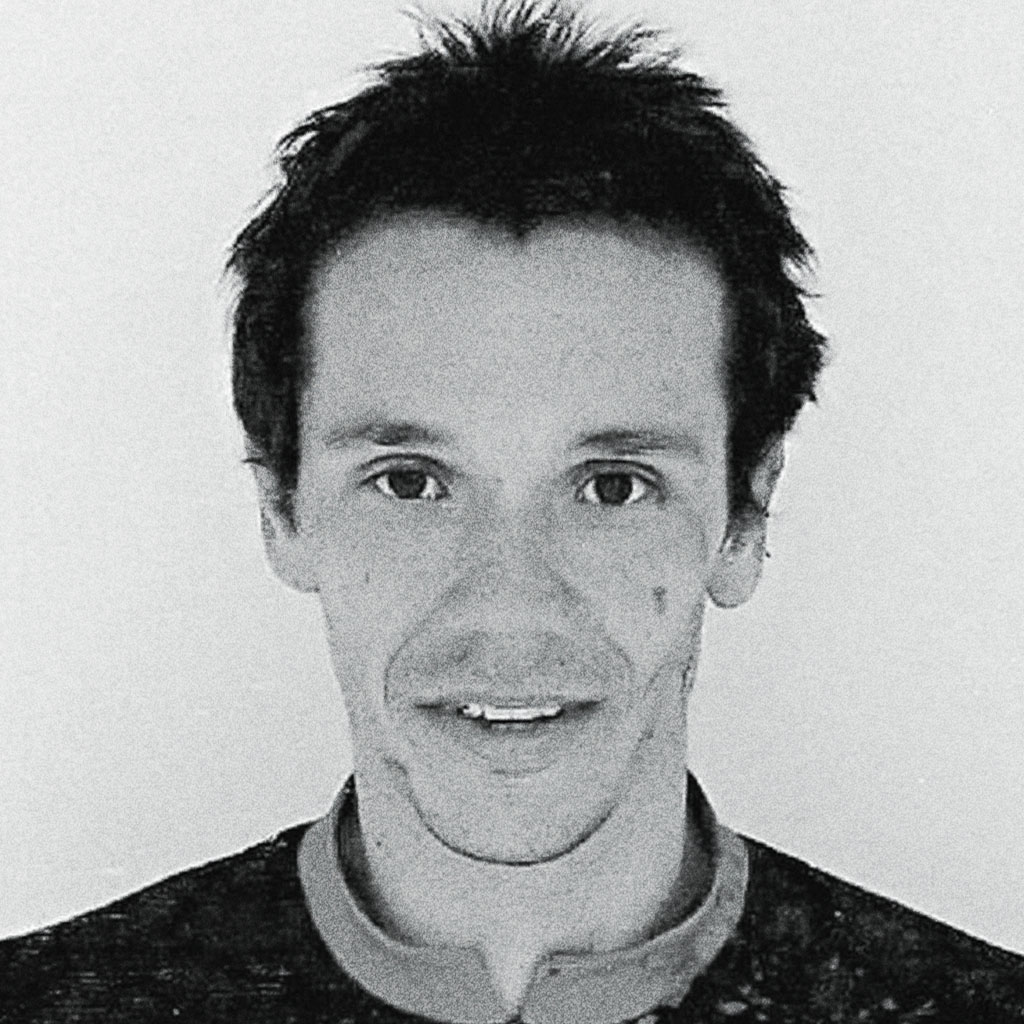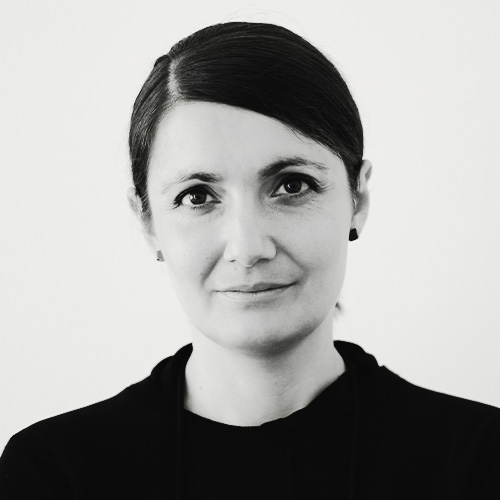In the spring of 2020, the COVID-19 pandemic closed offices and moved the workspace into the home. A year later, this process seems irreversible, and the change affects not only the work culture, but also the appearance of our cities in the future.
What will happen to the modern business buildings and parks that have become part of the urban landscape in recent decades and are now deserted? Will employees ever return to them and how will they be transformed according to their new needs?
The health crisis has accelerated the trends towards more flexible working conditions that has begun in many industries and has left the idea of the office as a specific place with fixed desks in the past. But what is the new concept and what will the next generation workspace look like?
The topic brings together an employer in the IT sector, a designer of business parks and an architect with a view over urban planning, who start the conversation from the buildings, but come to the question of building something more important – a new type of multifunctional environment that is both social and safe, professional and cozy.
Participant

Bostjan Vuga
As an architect he works in the studio SADAR+VUGA, which he founded together with Yuri Sadar in 1996 in Ljubljana. Bostjan is also an educator, lecturer and critic, attending many schools and symposia in Europe and Slovenia, as well as writing articles on current issues in architecture and urban planning. He co-curated the Montenegro Pavilion at the Venice Architecture Biennale in 2014. That same year, he became president of the council of the MAO Museum of Architecture and Design of Slovenia in Ljubljana.
Participant

Elitsa Panayotova
Owner of the architectural Skica Studio with a diploma from UACEG and a master’s degree in Urban Planning and Housing Policy from the University of Lincoln, UK. Elitsa is the creator of the master plan of Business Park Sofia, which she later managed, and the founder of Sofia Tech Park, where she was initially the executive director. Her experience in architectural design also includes commercial, residential and industrial buildings, and she is currently the coordinator of the Green Sofia project of Sofia Municipality.
Participant

Mihajlo Nikolic
Co-Founder of the digital agency Athlon, which opened an office in Sofia in 2007, and today has teams in New York, London, Toronto and Perth. He has been fascinated by computers and design since he was a child, and his career began with technical support, video editing for television and web design for Egoist magazine. Mihajlo is also involved in many side projects such as the co-innovation hub Resonator, the STEM training company Technokrati, and the transformation of the former Tobacco Factory in Sofia Kombinat.
Moderator

Aneta Vasileva
Architect, architecture historian, critic, and lecturer at UACEG in Sofia. She has a Doctor’s degree in History and theory of architecture with focus on the second half of the 20th century, and is contributor at the transnational European project for totalitarian regimes architecture ATRIUM. Aneta is one of the founders of WhAT Association, and since 2010 she’s been active in architecture criticism and publicity, conduct and jurying of architecture competitions. She’s also a member of A10 New European Architecture Cooperative.